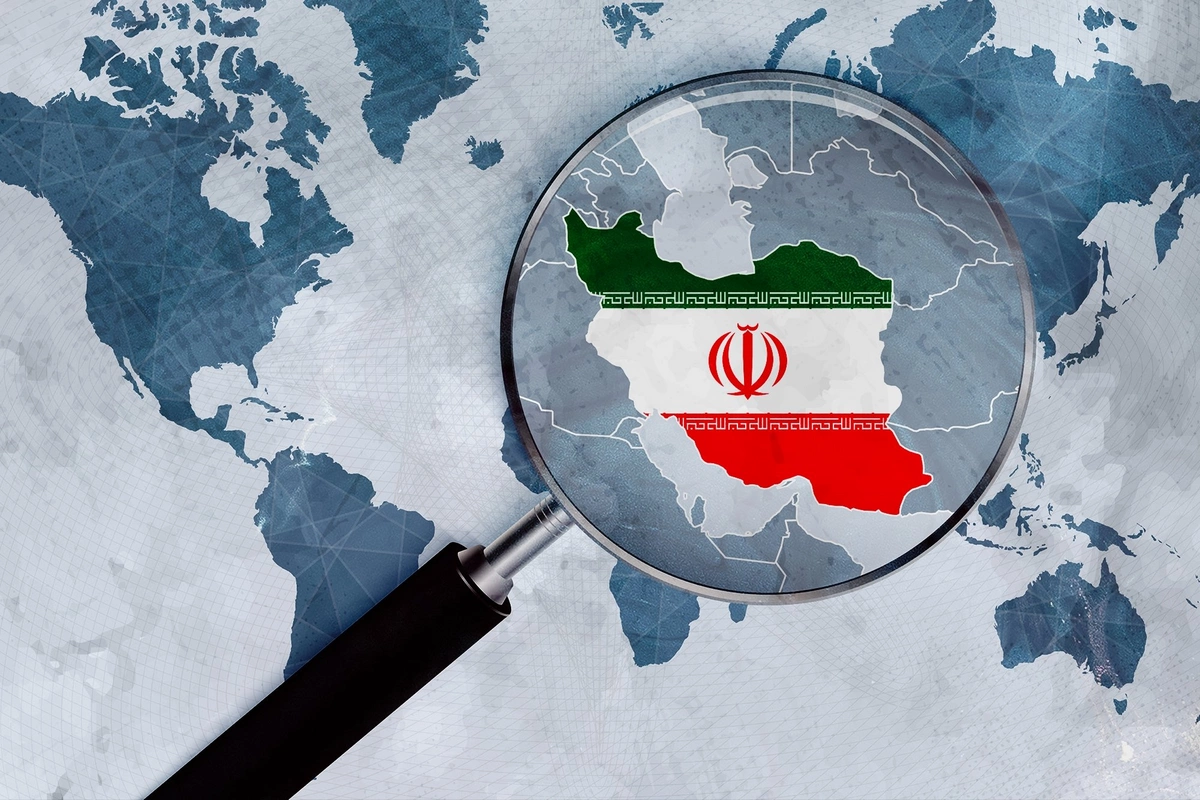
By Asim Mustafayev
Iran, despite its rich history and status as a regional power, is currently facing a noticeable decline in influence in the South Caucasus. This strategically important region, encompassing Armenia, Azerbaijan, and Georgia, has historically been a battleground for global and regional powers. However, Tehran's role here has significantly diminished due to a variety of factors, including shifts in the regional balance of power, the consequences of the Second Karabakh War, and Iran's domestic challenges.
Following the Second Karabakh War in 2020, which brought significant changes to the geopolitical landscape of the Caucasus, Iran's influence began to wane. Azerbaijan's victory greatly strengthened Baku's position in the region, altering the strategic balance of power. As a result, Tehran has had to adapt to the new reality. Iran's traditional policy of attempting to balance between Azerbaijan and Armenia no longer yields the same results. Türkiye's growing influence in Azerbaijan continues to pose additional challenges for Iran. This Turkish influence is accompanied by Ankara's active involvement in regional processes, intensifying competition over control of key routes and resources in the South Caucasus.
Relations between Iran and Azerbaijan are sometimes strained due to differences in political direction and foreign policy. Azerbaijan has actively developed ties with Israel, Türkiye, and the West, raising concerns in Iran. Tehran views these relationships as a direct threat to its regional influence. Particular irritation stems from the military and economic ties between Azerbaijan and Israel. For Iran, which often openly expresses hostility toward Israel, such relations represent a challenge to its geopolitical interests.
Nevertheless, Azerbaijan strives to maintain a balance in its relations with Iran and its Western allies. This balance remains an essential element of Baku's foreign policy, as it seeks to preserve good neighborly relations with Tehran while deepening ties with Türkiye and the West. This strategy enables Azerbaijan to avoid direct confrontation with Iran, which is particularly important given the complex geopolitical situation in the region.
Iran and Armenia maintain stable and mutually beneficial partnerships despite challenges arising from the geopolitical situation and the influence of external actors like Russia and Türkiye. For Iran, under economic sanctions and geopolitical pressure from the U.S. and the West, Armenia is a crucial partner. In recent decades, Iran has actively supported Armenia's political and economic efforts, including ensuring energy security and fostering trade exchange. Armenia, in turn, views Iran as one of the few allies willing to provide assistance in the face of regional isolation.
Iran also leverages its cooperation with Armenia to counter Türkiye's influence, which actively supports Azerbaijan. Joint projects in the energy sector, such as gas supplies and infrastructure development, strengthen economic ties between the two countries. Moreover, Iran and Armenia collaborate in the security domain, including intelligence sharing and military consultations.
On the other hand, Iran's relations with Georgia are less intensive than those with Armenia and Azerbaijan. Iran seeks to maintain friendly ties with Tbilisi, particularly in the economic sphere. Georgia is of interest to Iran as a transit route for transporting goods and energy resources to Europe. However, the lack of deep political commitments on both sides limits the potential for interaction.
Economic cooperation between Iran and Georgia includes oil and gas supplies, which can be seen as an alternative to dependence on Russian energy. For Iran, Georgia represents an important route for exporting goods via the Black Sea, a vital option given the sanctions. However, many of these projects remain in the discussion or partial implementation stages, making them less significant compared to Iran's relations with Armenia.
The South Caucasus remains an essential region for Iran's policies, particularly in the energy and transport sectors. Infrastructure projects, such as road and railway construction, strengthen Tehran's position as a regional player. However, Iran's influence is constrained by various factors. Economic sanctions, internal social and economic problems, and the strengthening of NATO and Türkiye's positions in the region create significant obstacles for Tehran's ambitions.
Additionally, the growing influence of external actors such as the U.S., the European Union, and China complicates Iran's efforts to maintain its position. These states are actively developing their projects in the region, limiting Tehran's ability to pursue an independent policy.
Nevertheless, Iran continues to adapt to new conditions and seeks ways to strengthen its influence. It is important to note that Tehran remains a significant player capable of impacting South Caucasus politics. Its active role in regional processes confirms that Iran does not intend to relinquish its position despite challenging circumstances.
Share on social media